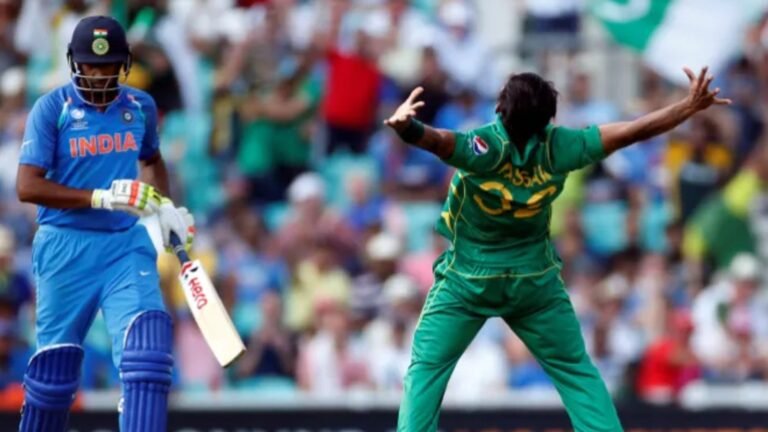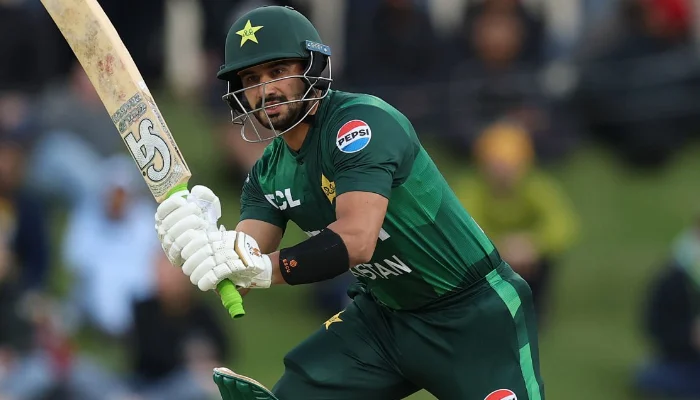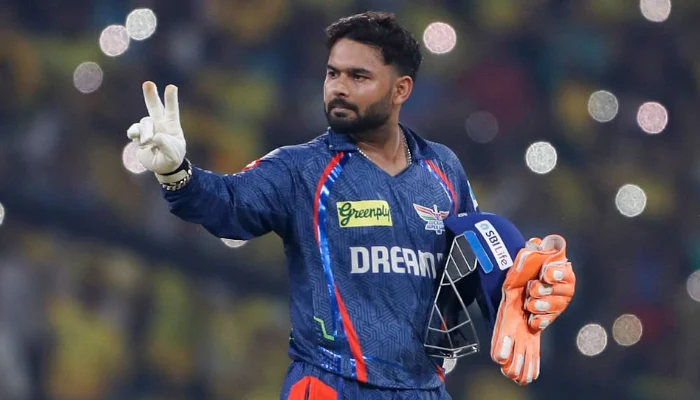In a mesmerizing finale at Dubai International Stadium, India sealed their third Champions Trophy title by disabling New Zealand in a match that diminished and flowed with tension. The happenstance showcased India’s strategic brilliance, particularly their spin attack and highlighted Rohit Sharma’s management and flexibility.
New Zealand’s Competitive Innings
New Zealand, choosing to bat first, set a challenging target of 252 runs. Daryl Mitchell fixed their innings with a patient 63 off 91 balls, while Michael Bracewell’s quick-fire 53 not out providing the late motivation. Yet, India’s spinners, led by Kuldeep Yadav and Varun Chakravarthy, constricted the screws in the middle overs, limiting New Zealand’s scoring openings.
India’s Pursuit: A Roller-Coaster Ride
Dashing 252, India began surely with an opening partnership of 105 runs between Rohit Sharma and Shubman Gill—the first century stand of the tournament. Rohit, in precise, was in inspiring touch, making a well-made 76. However, New Zealand’s spinners, led by Mitchell Santner, hit back, taking crucial middle-order wickets and creating a burst of nerves in the Indian camp. At one point, India fell to 188 for 5, with the required run rate climbing progressively.
KL Rahul and Axar Patel’s Calm Under Pressure
Amidst the rising pressure, KL Rahul (34 not out) and Axar Patel (28 not out) showed self-possession, rotating the strike and finding boundaries when required. Their unbroken 64-run corporation guided India home with nine balls to spare, underscoring their capability to handle pressure in high-stakes instants.
Strategic Mastery: The Spin Advantage
A important feature of India’s campaign was their tactical use of spin. Throughout the tournament, spinners bowled a important portion of the middle overs, and in the final, they bowled all overs between the 11th and 40th. This method effectively muffled opposition batsmen, turning the game in India’s courtesy.
Rohit Sharma’s Captaincy: Leading by Example
Rohit Sharma’s leadership was influential in India’s success. His choice to back the spinners and his own essential contributions with the bat demonstrated his strategic acumen and calm under pressure. Under his captaincy, India stopped unbeaten throughout the tournament, supporting their status as a dominant force in white-ball cricket.
New Zealand’s Resilience and Future Outlook
New Zealand, despite the loss, demonstrated spirit and skill. Captain Mitchell Santner recognized the team’s efforts, noting that they fell short by about 20 runs. The lack of key pacer Matt Henry, suspended due to injury in the semifinal, was a remarkable challenge. Yet, the Black Caps’ consistent presence in finals highpoints their stature in international cricket.
Conclusion: A Testament to India’s Dominance
India’s triumph in the Champions Trophy final is a testament to their supremacy in limited-overs cricket. The unified integration of experienced players and emergent talents, strategic gameplay, and leadership brilliance have set a high standard for future teams. As they bask in the brilliance of this triumph, the cricketing world watches, expecting their next move in the ever-evolving sport.
India Triumphs Over New Zealand in Champions Trophy Final
















